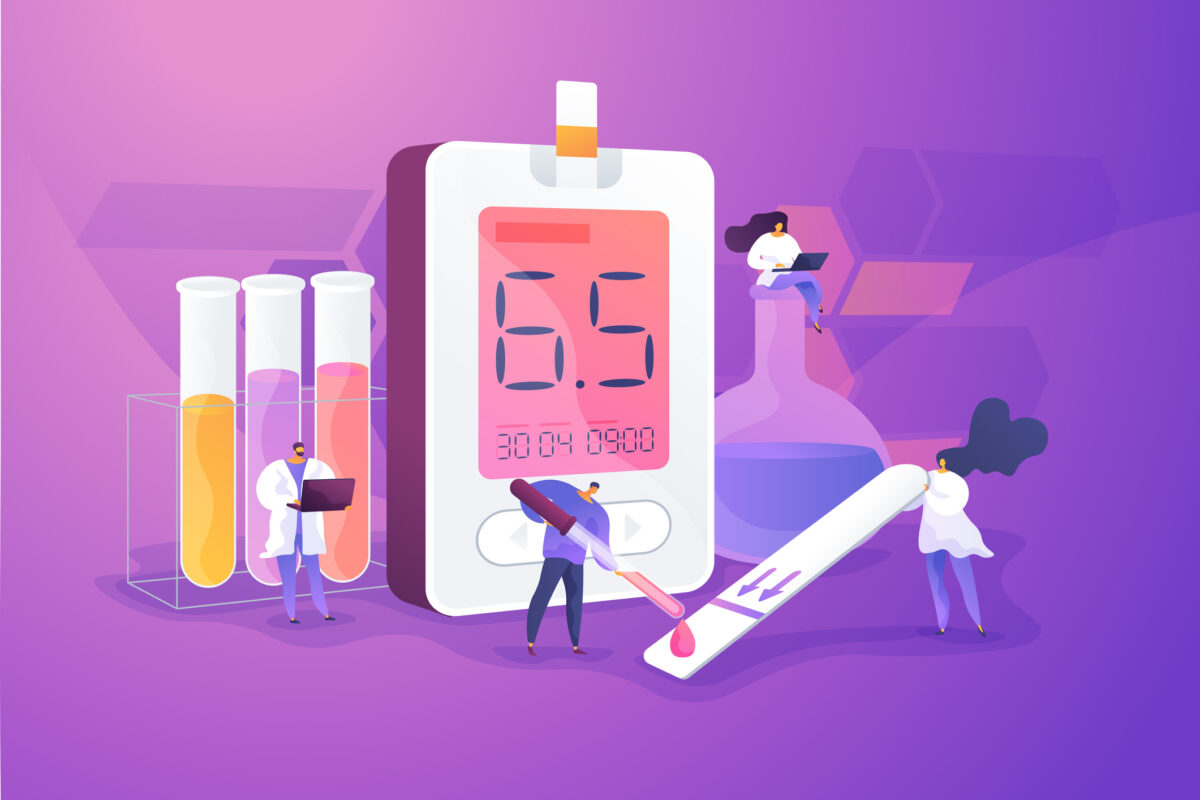Cases of diabetes in UK exceed 5 million for first time

The number of people living with diabetes in the UK has surpassed five million, new research from Diabetes UK shows.
According to the charity’s latest figures, some 4.3 million people have been diagnosed with diabetes across the country, with 90% of these diagnoses being type 2 diabetes and around 8% being type 1. The remaining 2% include people living with a different variety of the condition, such as monogenic diabetes and cystic fibrosis-related diabetes.
Some 850,000 people are also predicted to be living with undiagnosed cases of diabetes, taking the total number of individuals living with the condition to over 5 million for the first time.
The latest figures are concerning, says Diabetes UK, given the serious risks that come with developing the disease, such as heart attacks, strokes, amputations and heart failure.
While the reasons why people develop type 1 diabetes are still unclear, type 2 risk factors have been proven to include a person’s age, family history, ethnicity, as well as lifestyle and weight.
Some 64% of UK adults are living with overweight or obesity, and the charity expects such high numbers are responsible for the increase in type 2 diabetes diagnoses.
The number of people developing type 2 under the age of 40 is also going up in areas where social deprivation is more prevalent, says Diabetes UK.
The lack of sufficient income, education, housing as well as poor access to healthy, nutritious food and healthcare have also been blamed for increasing the risk of developing the disease.
In light of the findings, the charity has called on the Governement to make a firm commitment to diabetes in its Major Conditions Strategy, and to boost efforts to make sure those who are at high risk of developing type 2 diabetes are referred to the NHS Diabetes Prevention Programme.
It has also urged the Government to ‘push ahead with its stalled obesity strategy’, by bringing delayed HFSS advertising rules into play and making it easier for individuals to access healthier foods.
Chris Askew OBE, Chief Executive of Diabetes UK, said: “These latest figures show we’re in the grip of a rapidly escalating diabetes crisis, with spiralling numbers of people now living with type 2 diabetes and millions at high risk of developing the condition.
“But it doesn’t have to be this way. With the right care and support, cases of type 2 diabetes can be prevented or put into remission. What we need to see is the will, grit and determination from government and local health leaders to halt this crisis in its tracks and improve the future health of our nation for generations to come.”
The NHS is trying to tackle the growing obesity and type 2 diabetes problem by rolling out a Low Calorie Diet Programme, where participants are required to consume a mixture of soups and shakes amounting to between 800-1200 calories a day for 12 weeks. During a trial of the diet, over a third of participants were in remission two years after taking part in the programme. However, Diabetes UK stresses the diet is not suitable for everyone.
Taking a different approach to the NHS, in an interview with The Guardian earlier this month, Southport-based Dr David Unwin claimed he had successfully reversed type 2 diabetes in over half his patients by prescribing them a low-carbohydrate diet. According to his research, since introducing the programme at his surgery in 2013, some 77% of his patients who followed it during their first year of type 2 diabetes diagnosis reached remission.









